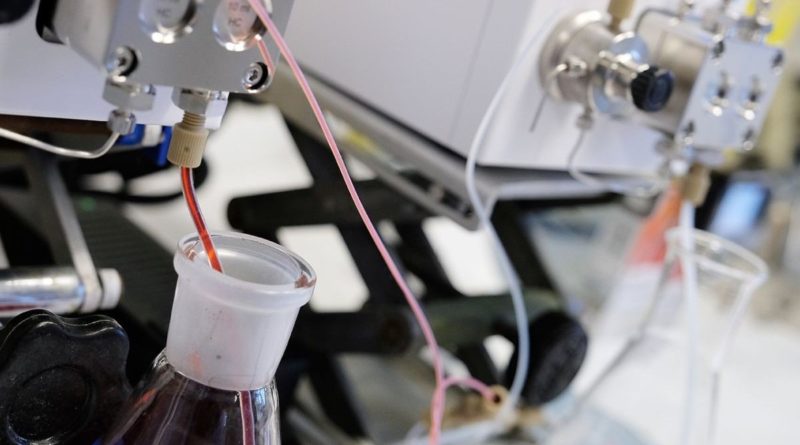Optimization of electrochemical processes
Design of an electrochemical plant to demonstrate the commercial opportunities of converting low cost lignin feedstock in high value biosustainable chemicals.
The Liberate project is about lignin, a chemical compound present in every tree or plant. It is a natural, abundant and renewable resource that can be used for various applications. Currently, products that come from the chemical industry such as vanillin, antioxidants and polyamide are oiled-based but lignin-based products outperform their synthetic alternatives in terms of environmental impact and sustainability. This high-potential resource needs to be exploited and converted into sustainable commercial products.
This is the main purpose of Liberate. The project aims to build a pilot plant integrating electrochemical processes to convert low-cost lignin into valuable products ready for market entry. The plant will break lignin into small chemical compounds to obtain for instance, aromatic compounds. These compounds have a high value for the chemical industry as they are essential to produce vanillin, antioxidants or polyamide. Last, the plant will function thanks to photovoltaic panels in order to make the entire process completely sustainable.
One particularity of the Liberate project is that its partners cover the entire chemical value chain, going from lignin feedstock to market validation. Currently, the Liberate project is in the optimization phase of the three processes. Furthermore, it is finishing the reactors’ design, as well as the selection and design of the electrodes. Soon, the project will start preparing the pilot plant although its construction will start at the end of 2020.
Precisely, Liberate concentrates on two different types of depolymerization processes with different types of lignin showing variations in their chemical composition. The first one consists of the electrochemical depolymerization of Kraft lignin to synthesize vanillin, a flavouring agent. It is the only chemical product with a high added value compound made exclusively of lignin. The second electrochemical process uses Organosolv lignin to synthesize mixed phenolic derivatives and to finally obtain products such as antioxidants, adhesives and aromatic aldehydes to be used by the chemical industry. Apart from the depolymerization of lignin, Liberate will also validate the electrochemical oxidation of sustainable cyclohexanol derivatives to synthesize propyl adipic acid. This acid, usually extracted from the petroleum, can be used to produce polyamides (i.e. nylon) and polyester.
Liberate is a Horizon 2020 collaborative project financed by the European Union under grant agreement No 820735, carried out by an international consortium led by Leitat. The project partners are research centres and universities such as the Fraunhofer IGB and CBP , TNO, SINTEF, Johannes Gutenberg University Mainz, University of Alicante, large enterprises like Evonik, Perstorp, Condias, and Oxiris, and SME’s including CHIMAR, Megara, NX Filtration, , ENSO, Idener, and Gate2Growth.
This project has received funding from the European Union’s Horizon 2020 research and innovation programme under grant agreement No 820735.This publication reflects only the author’s views and the European Union is not liable for any use that may be made of the information contained therein.

